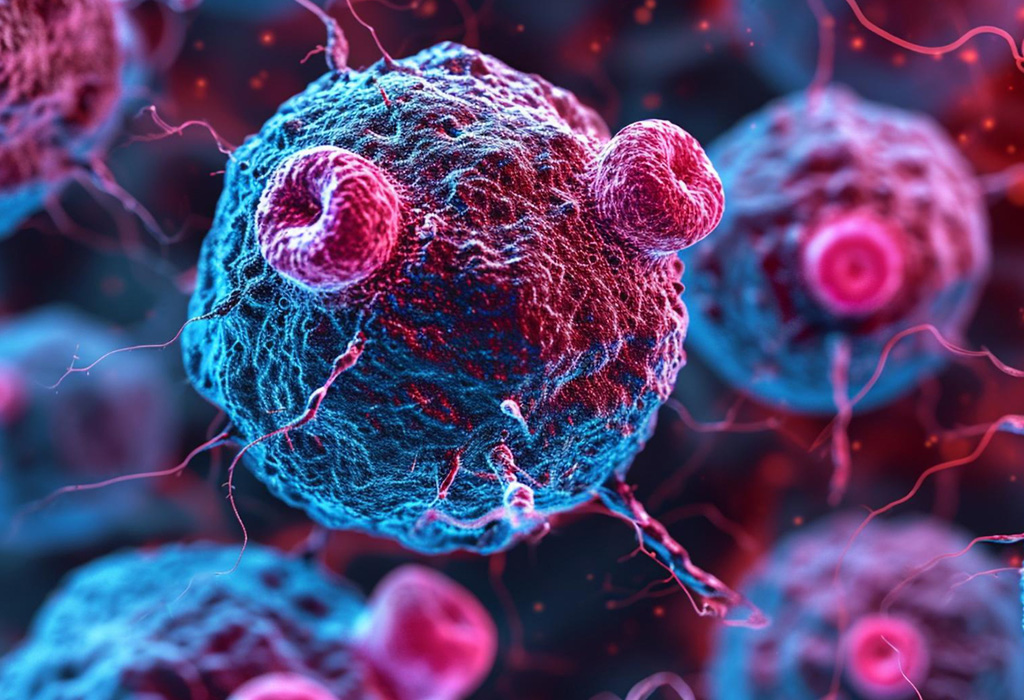In a significant scientific breakthrough, a team of international researchers has unveiled a new molecule, desmethyl desamino pateamine A (DMDA-PatA), that targets specific RNA sequences to control protein synthesis at the translational level. Published in Nature Communications, their study reveals how this small molecule enhances the precision of drug targeting, potentially revolutionizing treatments for various diseases, including cancers and genetic disorders.
The Discovery and Its Implications
The compound DMDA-PatA has shown remarkable efficacy in selectively binding to RNA sequences with GNG motifs. This specificity allows it to clamp onto these motifs, effectively repressing the translation process in a sequence-dependent manner. The mechanism hinges on its interaction with the eukaryotic initiation factor (eIF4A), a protein essential for the initiation of translation in cells.
This RNA sequence-selective approach is crucial because it allows for the targeting of specific proteins associated with disease processes without affecting the global protein synthesis in cells. This method significantly reduces the potential side effects compared to traditional drugs that may indiscriminately inhibit protein production.
Mechanistic Insights
The study highlights that DMDA-PatA operates in an ATP-independent manner, a novel finding that distinguishes it from other translation inhibitors. The molecule clamps eIF4A onto RNA, steric hindering the scanning process by the ribosome, thus preventing the initiation and elongation steps of protein synthesis.
Innovative techniques such as ribosome profiling and molecular dynamics simulations were employed to understand the interaction at a molecular level. The results show that DMDA-PatA’s effectiveness stems from a unique structural feature—a tertiary amine on its trienyl arm, which fosters selective interaction with RNA motifs containing guanine nucleotides (GNG).
Broadening the Druggable Horizon
The implications of this discovery are vast. By expanding the “druggable” genome, DMDA-PatA offers new avenues for developing therapeutics that can precisely target previously undruggable proteins involved in disease processes. The specificity of the interaction means drugs can be designed to target only harmful proteins without affecting the normal functions of cells, a significant advancement in the field of precision medicine.
Conclusion
The success of DMDA-PatA in selectively inhibiting protein synthesis opens up new possibilities for the treatment of complex diseases. As research progresses, the potential to fine-tune this approach could lead to highly effective treatments with fewer side effects, significantly impacting patient care and therapeutic outcomes.
This groundbreaking study not only paves the way for new therapeutic strategies but also exemplifies the power of interdisciplinary research, combining biochemistry, pharmacology, and computational biology to tackle some of the most challenging problems in medicine today.
Join us at the 3rd ANZ Biologics Festival 2025, set for February 5th and 6th in Melbourne, Australia. This premier event will spotlight the most exciting areas in biotechnology, featuring a stellar lineup of speakers from around the world. Dive deep into innovative topics such as next-generation biologics, breakthroughs in cell and gene therapy, and cutting-edge RNA therapeutics. Engage with thought leaders and pioneers who are shaping the future of medicine. Whether you’re looking to network, collaborate, or simply stay on the cutting edge of biopharma research, this festival is your gateway to the forefront of the industry. Don’t miss this opportunity to be part of a vibrant community driving advancements in Australia and New Zealand’s biotech sector. Find out more at https://imapac.com/events/australia-biologics-festival/
The full study can be accessed here for those interested in the detailed scientific methods and results.





